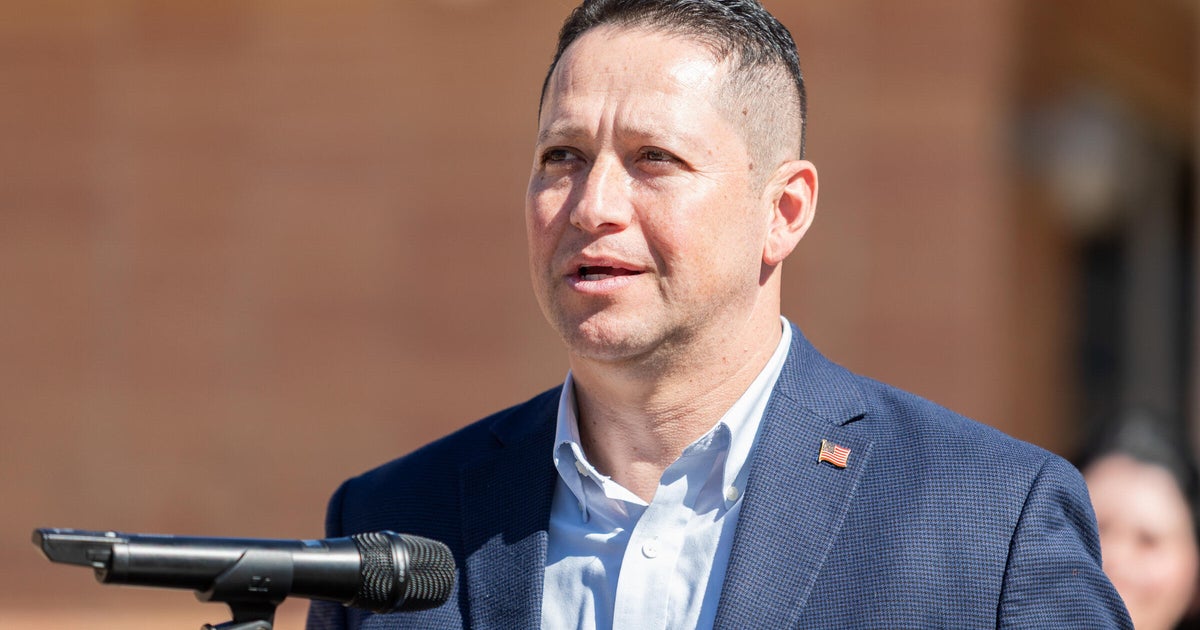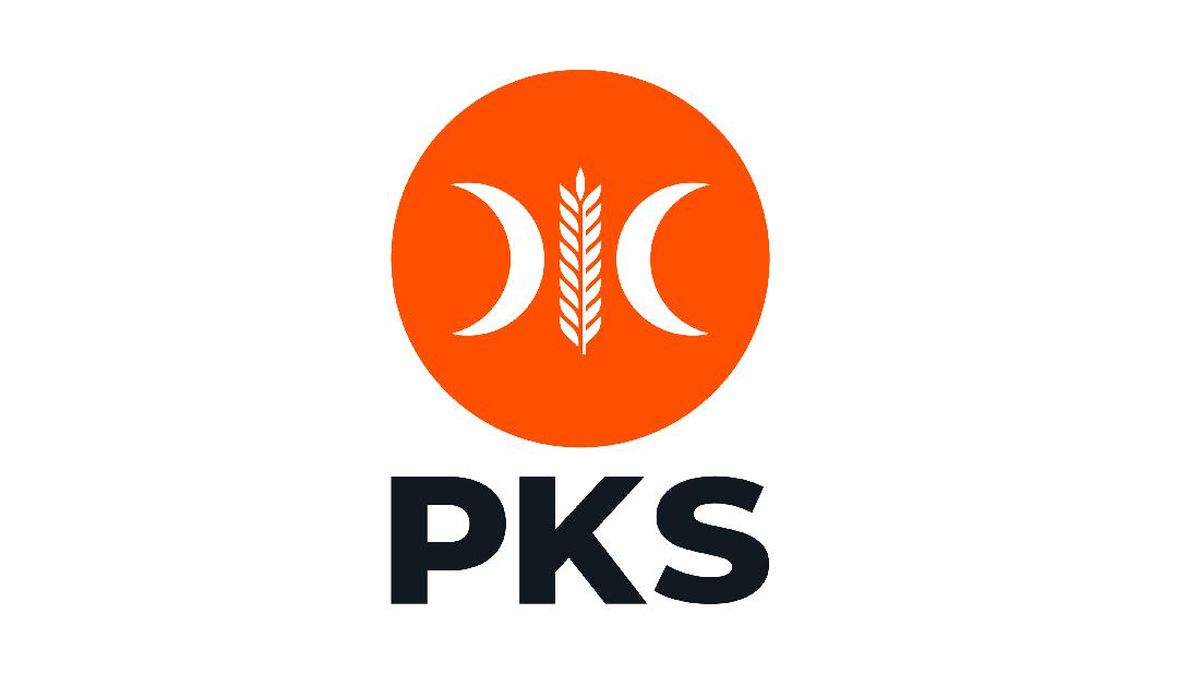By Joe Pinkstone
November 17, 2025 — 5.00am
Learning a language slows ageing and keeps the brain healthier for longer, a study has found.
People who only speak one language are more than twice as likely to suffer from accelerated ageing, where a person’s body is older than it should be for their actual age, according to new data.
A study of more than 86,000 people in 27 European countries found that those who were bilingual and spoke one foreign language in addition to their mother tongue had a 33 per cent lower risk of accelerated ageing.

Learning a new language is not just handy for travelling. It can also slow down ageing, a new study has found.Credit: Getty Images
And the more languages a person could speak, the more likely they were to age healthily, the scientists found.
The total benefit for those who spoke more than one language was a 2.17-fold reduced risk of accelerated ageing, data showed.
“People who live in multilingual societies are about twice as likely to age healthily and avoid accelerated ageing compared to those in monolingual societies,” says study author Professor Agustin Ibanez at the Global Brain Health Institute.
‘Measurable protective effects’
“It’s not just about speaking multiple languages yourself, but also about being exposed to a linguistically diverse environment, which seems to have measurable protective effects on ageing.”
The researchers found that speaking several languages was beneficial even when factoring in benefits from other traits such as age and lifestyle.
Ibanez says he “definitely” would recommend learning a foreign language to protect the brain from accelerated ageing.
Loading
“Learning and using another language is a powerful way to stimulate the brain,” he says. “It enhances attention, memory and executive control, building what we call cognitive reserve [the brain’s resilience against ageing and disease].
“Beyond the mental exercise, language learning opens new social and cultural experiences, which are also protective for brain health.
“Even if you live in a monolingual society, engaging regularly with another language may recreate many of the same benefits we observed at the population level.”
Professor Jason Rothman from Lancaster University and Dr Federico Gallo from the Arctic University of Norway co-wrote an article on the findings and called the results of the study “striking” and a “milestone” for linguistic research.
“The key takeaway is compelling: across diverse settings and rigorous controls, multilingualism consistently emerges as a protective factor for healthier ageing,” they write.
“This reframes language use as a modifiable behaviour that is relevant to public health.”
They add that multilingualism is “uniquely positioned as a low-cost, scalable lever for public health” and that encouraging and preserving it in society could be as important to long-term public health as getting people to exercise or to stop smoking.
The study is published in the journal Nature Aging.
Make the most of your health, relationships, fitness and nutrition with our Live Well newsletter. Get it in your inbox every Monday.
Most Viewed in Lifestyle
Loading


















































